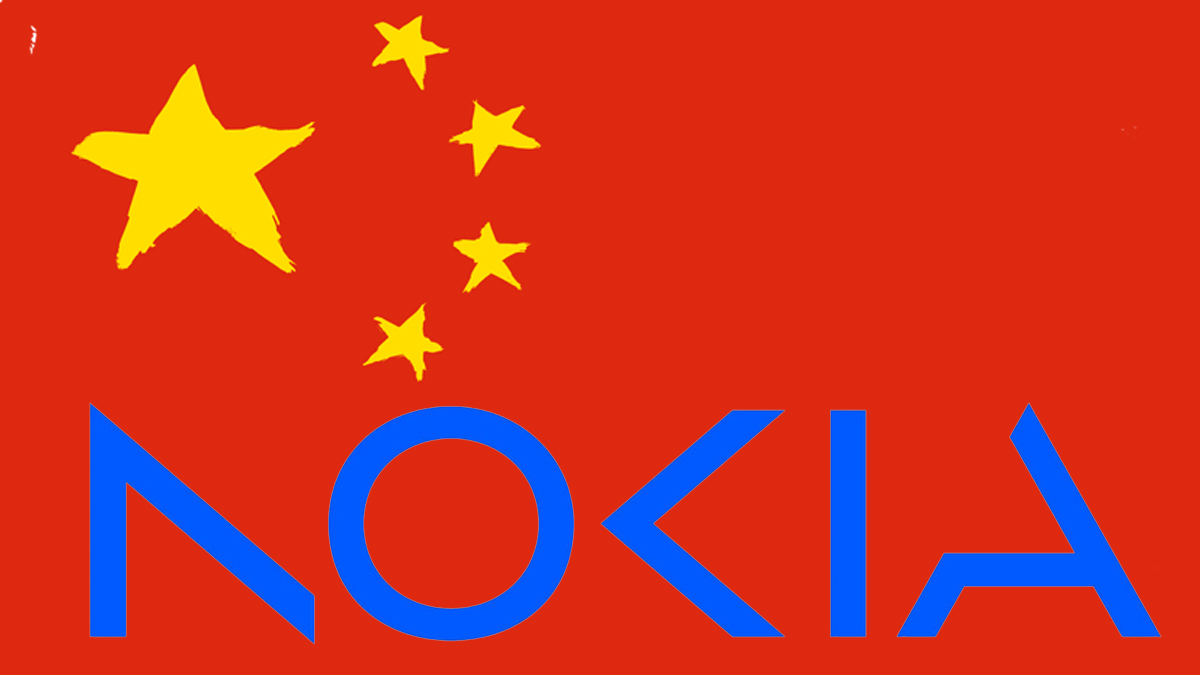
Nokia Reduces Orders from China-Listed Supplier Amid U.S. Advocacy for ‘Clean Network’
In a significant development within the telecommunications sector, Nokia has decided to scale back its orders with a China-listed supplier. This move comes amidst escalating efforts by companies to distance themselves from any association with Chinese capital, reflecting a broader shift in the industry landscape.
The decision by Nokia to reduce its orders with the China-listed supplier underscores the growing influence of geopolitical considerations on supply chain dynamics. With the United States championing the concept of a ‘clean network,’ telecom giants are increasingly cautious about sourcing components from Chinese entities, fearing potential repercussions in terms of security and geopolitical tensions.
The ‘clean network’ initiative, spearheaded by the U.S., aims to create an ecosystem free from Chinese influence in critical telecommunications infrastructure. This initiative has gained traction globally, prompting companies to reassess their supply chains and minimize dependencies on Chinese suppliers, particularly those with ties to the Chinese government.
Nokia’s move reflects a broader trend within the telecom industry, where companies are prioritizing supply chain resilience and security over cost considerations. By diversifying their supplier base and reducing reliance on Chinese capital, companies seek to mitigate risks associated with geopolitical tensions and potential disruptions to the global supply chain.
While Nokia’s decision may have immediate implications for its supply chain operations, it also highlights the complex interplay between geopolitics and business decisions in the modern era. As companies navigate the evolving landscape of international relations and trade dynamics, strategic considerations increasingly shape their sourcing strategies and supply chain management practices.
The telecom sector’s supply shift underscores the broader implications of geopolitical tensions on global trade and investment flows. As countries and companies grapple with the complexities of a rapidly changing geopolitical landscape, the quest for supply chain resilience and security remains paramount, driving fundamental shifts in industry dynamics and business strategies.













Comments